Life changes fast. Life changes in the instant. You sit down to dinner and life as you know it ends
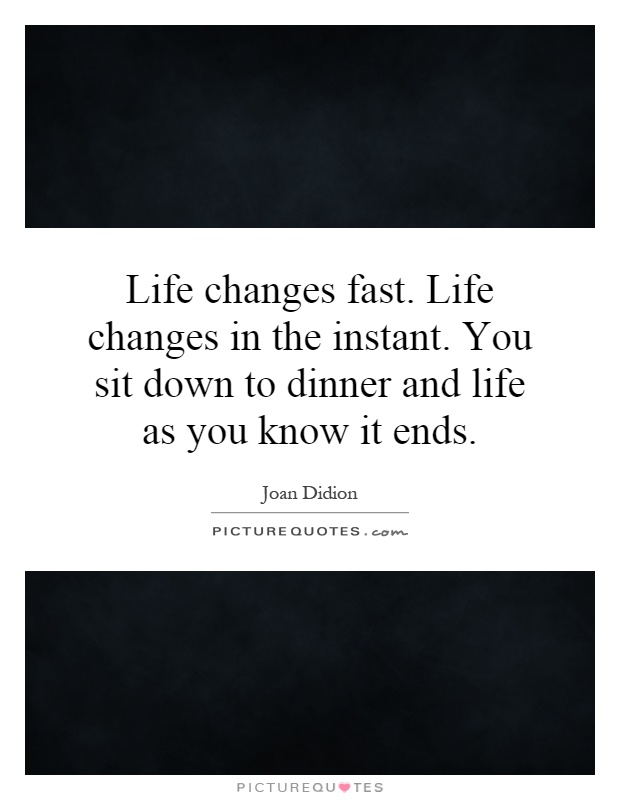
Life changes fast. Life changes in the instant. You sit down to dinner and life as you know it ends
In her iconic essay, "The Year of Magical Thinking," Joan Didion explores the sudden and profound changes that can occur in life in the blink of an eye. The opening line, "Life changes fast. Life changes in the instant. You sit down to dinner and life as you know it ends," sets the tone for the rest of the essay, which delves into the author's experience of grief and loss following the sudden death of her husband, John Gregory Dunne.Didion's words capture the raw and visceral nature of loss, highlighting how quickly and unexpectedly life can be turned upside down. The simple act of sitting down to dinner, a mundane and routine activity, becomes a moment of profound significance when it marks the end of one chapter of life and the beginning of another.
The essay is a meditation on the fragility of life and the inevitability of change. Didion reflects on the ways in which we construct narratives to make sense of our lives, only to have those narratives shattered by unforeseen events. She grapples with the disorienting experience of grief, the sense of unreality that accompanies loss, and the struggle to come to terms with a new reality that is fundamentally altered.
Through her lyrical prose and keen observations, Didion invites readers to confront their own mortality and the impermanence of the world around them. She reminds us that life is unpredictable and that we must be prepared for the unexpected twists and turns that it may bring.
Ultimately, "The Year of Magical Thinking" is a testament to the resilience of the human spirit in the face of adversity. Didion's willingness to confront the darkest corners of her own psyche and to share her journey through grief with readers is a powerful reminder of the transformative power of storytelling. Life may change in an instant, but it is through our ability to make meaning out of our experiences that we find solace and healing.
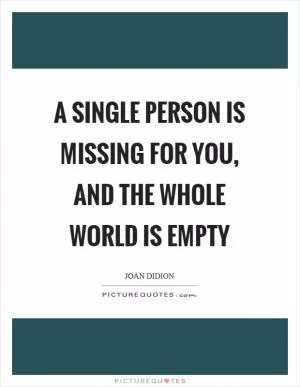

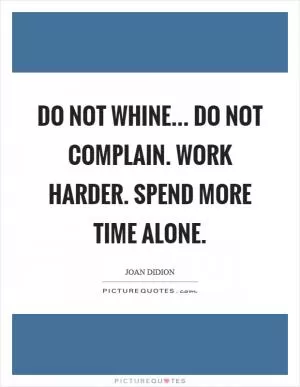

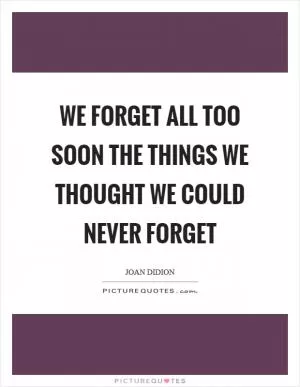
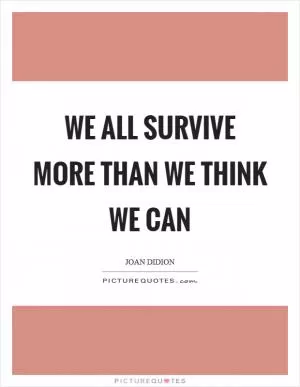

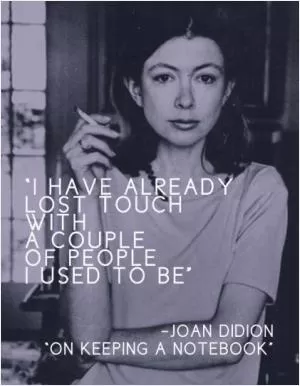
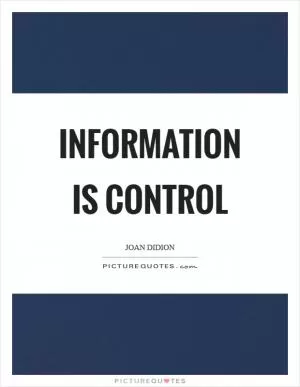

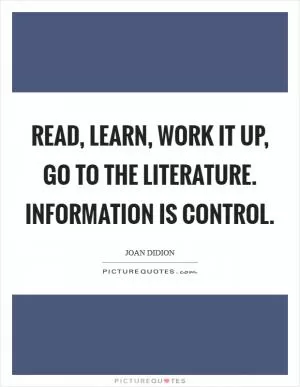
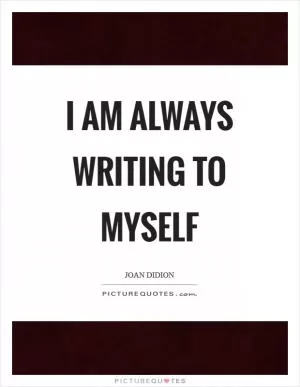
 Friendship Quotes
Friendship Quotes Love Quotes
Love Quotes Life Quotes
Life Quotes Funny Quotes
Funny Quotes Motivational Quotes
Motivational Quotes Inspirational Quotes
Inspirational Quotes